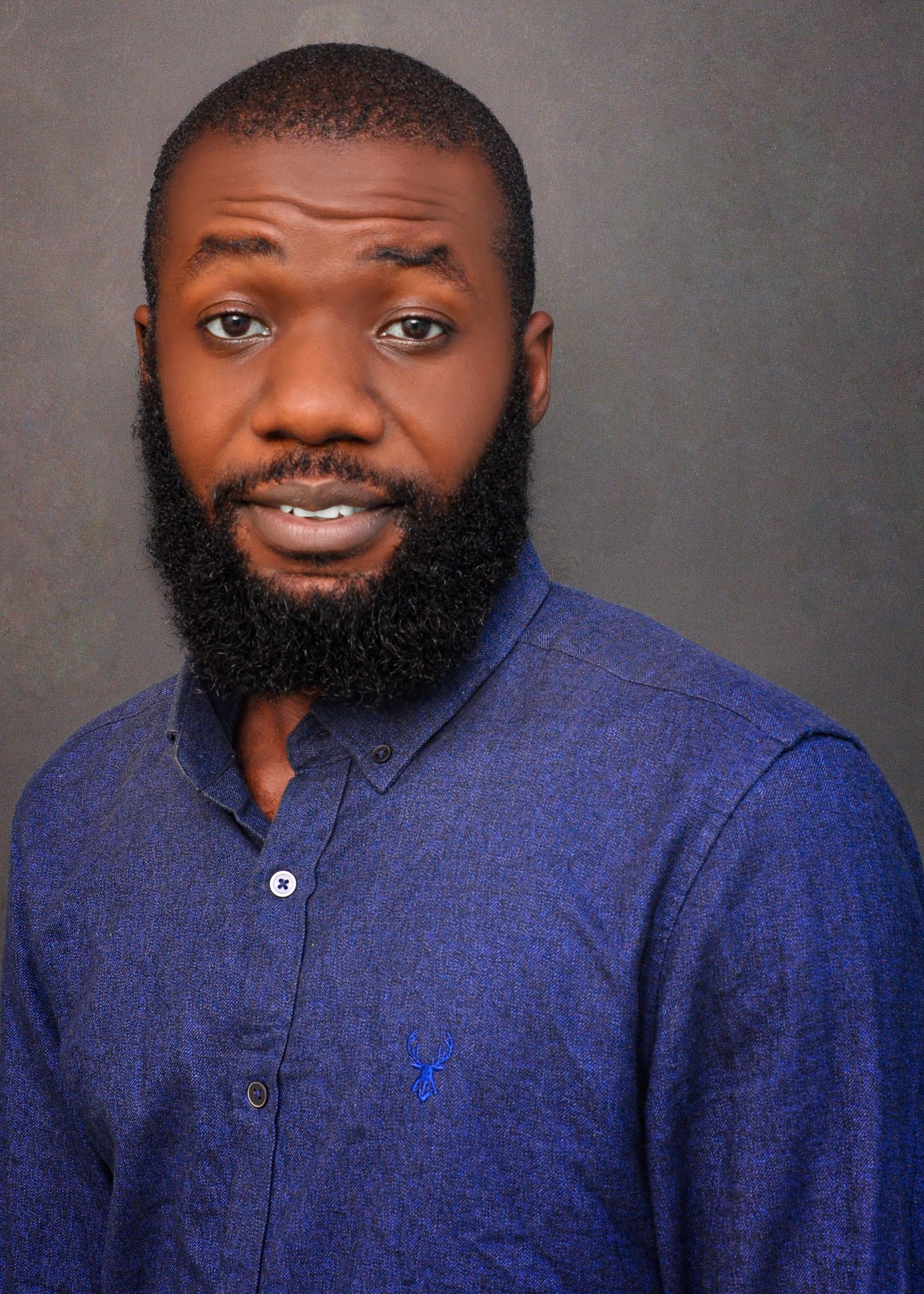Tree Planting Kunliro Village Project
by Monday Olu Ilelanwo
Kunliro is a local farming community. It was once rich with tall trees and green fields with moderate sufficient rain, local community people enjoyed consistent high crop yields. But in the last three decades, farmers and community people suffer from massive erosion and drought in the rainy season and water shortages in the dry season, poor crop yields, and increased demand for firewood for cooking and sale at the expense of sparse forest and grasslands. With fewer trees dotting this arid landscape, people across Gwange village, far north region of Nigeria, are struggling to graze their livestock, leading to the death of over 4,000 livestock in 2020. This resulted in over 8,000 people living below the poverty line.
There are more than 485 hectares of land degraded, spelling trouble for the 84% of the population that are farmers and that rely on healthy land for their livelihoods. As the trees around the forest and community areas are cleared and the soil erodes when heavy rains and wind come, these farming communities also suffer from lower crop yields, threatening the security of their food and income. Trees are cut down indiscriminately in Kunliro village due to inadequate education on the impacts of cutting down trees. You can hardly find a household or surrounding area with a tree that is not cut down and used as cooking fuel, thereby exposing the people to a hot environment, leading to an increase in heat-related deaths and diseases. thereby worsening the effects of climate change in the community.
After seeing the catastrophe caused by man’s negative activities in Kunliro village, my single mission was to campaign and educate people on the importance of tree planting in their homes, farms and surrounding areas. Called "ADOPT A TREE CAMPAIGN”, I wanted to encourage individuals to adopt and plant trees to show care for nature in order to curb the impact of climate change. First, I did an environmental impact assessment (EIA) to know the extent of the damage and have knowledge of indigenous trees that do well in the community. I then started a tree nursery to raise economic tree seedlings and to provide job opportunities to the community people who are taking care of the trees.
Afterwards, I opened a tree request centre for individuals to register their homes and the number of trees they need to plant. Partnering with a community-based organization, I formed a team to distribute tree seedlings and to provide proper care during and after planting trees by assisting individuals in their homes, farms and surrounding areas for five months. All in all, the project planted and distributed 750 tree seedlings to 150 homes in Kunliro village, Demsa LGA Adamawa state. I believed in effort to tackle the climate crisis, and according to scientists, planting billions of trees across the world is one of the biggest and cheapest ways of taking CO2 out of the atmosphere.
As the project became people-centric, planting trees combined with climate change awareness reduced deforestation and the heat effect from the sun, also improving community health and air quality by filtering harmful dust and pollutants such as ozone, carbon monoxide, and sulfur dioxide from the air. Other benefits include reduced wind speed and helping to prevent flooding and soil erosion by absorbing thousands of litres of stormwater. But, it’s not just the physical health that benefits, but mental health does too. When surrounded by trees or taking part in nature-based activities, stress and depression levels can be significantly reduced. The presence of trees helps bring people together and helps students with their learning. The project idea also helps students in classroom research learning and land protection, building, in the end, a community of people out of these climate change impacts.
About
Monday Olu Ilelanwo is a Nigerian climate change activist and WASH expert. A graduate of Geology From Modibbo Adama University of Technology (MAUTECH) Yola, Adamawa State, Nigeria. He is a Business and leadership fellow from Young African Leadership Initiative (YALI) West Africa Accra Ghana alumni cohort 12. He has over 3 years of experience in hygiene promotion in emergencies, water supply in emergencies, water, sanitation and hygiene and infection prevention and control in cholera treatment structures, project cycle management, project monitoring and evaluation (M&E) and water management in emergencies.
He is currently working tirelessly with youth and the older generation to promote the adoption of eco-friendly systems of agricultural food production for local farmers, together with climate change advocacy and tree planting in his local community.

